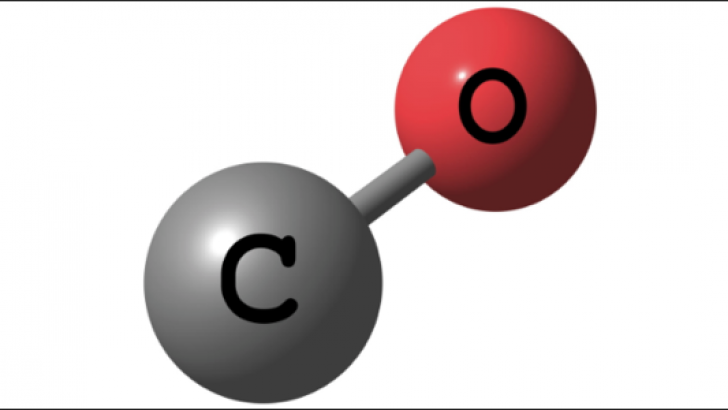health
Carbon monoxide can make some antibiotics more effective

New York, Feb 22 Carbon monoxide can improve the effectiveness of antibiotics that fight stomach infections, says a study that could open up novel ways to fight antibiotic resistance.
"We found that if you administer carbon monoxide together with an antibiotic called metronidazole, it can sensitise bacteria toward the same antibiotic by 25-fold," said Binghe Wang, professor at Georgia State University in the US.
Carbon monoxide is infamous for its toxicity at high concentrations, but it also has promising potential as a medical gas.
Produced naturally in the human body, carbon monoxide is essential for survival and plays an important role in reducing inflammation, promoting cell proliferation and regulating cellular immune response to pathogens.
Studies have found carbon monoxide has antimicrobial effects.
For the study, published in the journal Organic Letters, researchers paired carbon monoxide with the antibiotic metronidazole.
They found that it enhanced the efficacy of the antibiotic against Helicobacter pylori, a type of bacteria that infects the stomach and causes peptic ulcers.
"We always hear about the discussions of drug resistance. When we have drug resistance, it's not because these bacteria will not respond to antibiotics anymore. Most of the time, it means there is decreased sensitivity," Wang said.
"If you can resensitise bacteria or sensitize them, then that would allow you to either use a smaller amount of antibiotic or use the same amount that would kill many, many more bacteria," he added.



































